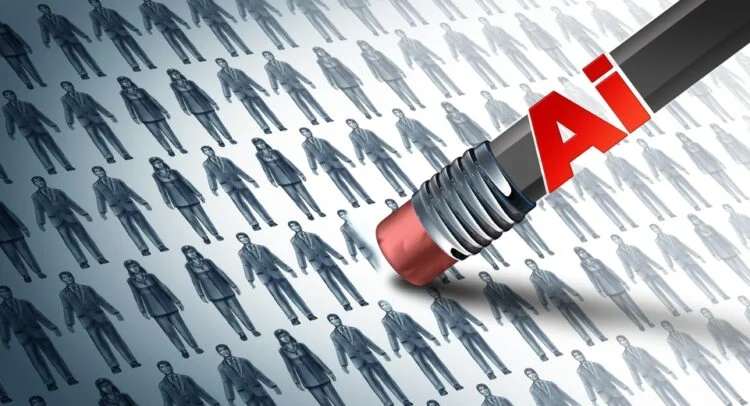Nike CEO Elliott Hill Says Turnaround Is Underway but Recovery Will Take Time

Nike’s comeback plan is showing signs of early progress, but CEO Elliott Hill says a full return to profitable growth will take time. In an interview with CNBC’s Sara Eisen, Hill emphasized that the company’s global scale and diverse portfolio make its recovery “non-linear” and gradual.
“When we come to work, we think about three brands, multiple sports under each, and 190 countries,” Hill said from Nike’s Oregon headquarters. “Each market is at a different stage of evolution.”
Nearly a year into his tenure, Hill is reshaping Nike’s strategy after years of declining sales and profits. The company’s stock is down roughly 12% over the past year, and investors are eager for signs of sustained improvement.
Hill’s approach marks a shift from the direction taken by former CEO John Donahoe, who prioritized direct-to-consumer digital sales through Nike’s website and stores. Hill is now re-emphasizing wholesale partnerships to regain shelf space lost to competitors. “Donahoe’s digital push made sense during the pandemic,” Hill explained, “but when physical retail reopened, that same strategy hurt the brand. Consumers want choice — they want to shop across channels.”
To rebuild momentum, Nike is reconnecting with major retailers and testing new partnerships, such as with Aritzia, to attract more female shoppers. Hill is also restructuring Nike’s internal organization — moving away from divisions based on gender and age, and instead focusing on individual sports. He believes this will reignite innovation by giving smaller, sport-specific teams more autonomy to design for athletes’ unique needs.
Critics had accused Nike of losing its creative edge by over-relying on classics like Air Force 1s and Nike Dunks. Hill’s renewed focus on performance and product innovation aims to change that perception.
Still, challenges persist. Nike recently warned that rising tariffs could cost the company $1.5 billion this fiscal year — up from its earlier $1 billion estimate. The increased costs are expected to reduce gross margins by 1.2 percentage points.
To counter these pressures, Hill said Nike is working closely with suppliers and retailers to manage costs, while modest price increases could help offset tariff impacts.
“We have the path,” Hill said confidently. “It’s not going to be quick, but it’s going to be strong.”


